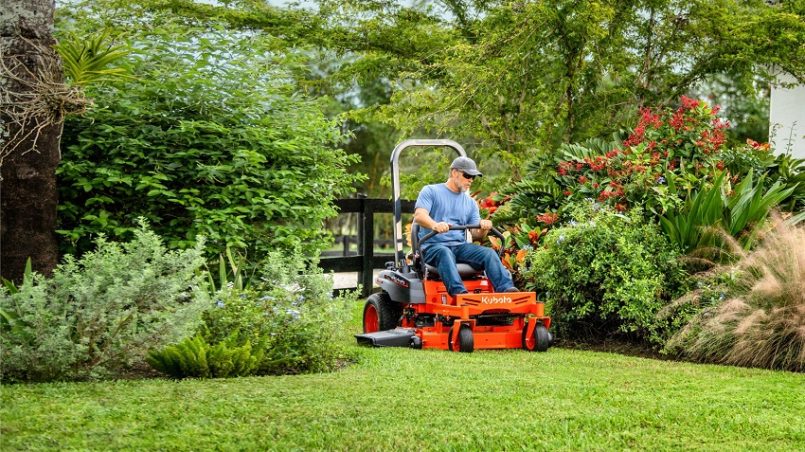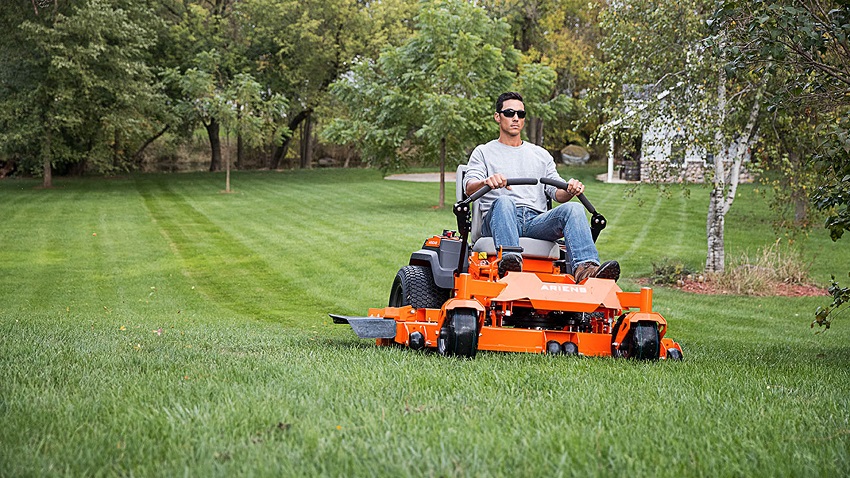When it comes to purchasing a zero-turn mower, one of the most common questions that arises is, “How long will it last?” It’s a valid concern, considering the investment involved in buying a quality mower. In this article, we will delve into the factors that determine the lifespan of a zero-turn mower and provide you with valuable insights to help you make an informed decision.
Understanding Zero-Turn Mower Lifespan
Zero-turn mowers are known for their exceptional maneuverability, making them popular choices for homeowners and professionals alike. However, like any other mechanical equipment, their lifespan can vary depending on various factors. If you’re in the market for a zero-turn mower, you may also be wondering about its weight. For those curious, you can discover how much does a zero turn mower weigh by checking the manufacturer’s specifications or consulting with a trusted dealer. Ultimately, the weight of the mower can impact its overall longevity, so it’s worth considering when making a purchase decision.
1. Build Quality and Brand Reputation
The build quality of a zero-turn mower plays a crucial role in determining its lifespan. Mowers manufactured by reputable brands tend to incorporate higher-quality materials, advanced engineering, and robust construction techniques, resulting in enhanced durability. Brands such as John Deere, Toro, Husqvarna, and Exmark have established themselves as leaders in the industry, producing reliable and long-lasting zero-turn mowers.
2. Maintenance and Care
Proper maintenance and regular care significantly extend the lifespan of any machinery, including zero-turn mowers. Following the manufacturer’s guidelines for maintenance intervals and tasks is essential. Routine tasks such as oil changes, air filter replacements, blade sharpening, and cleaning optimize performance and prevent premature wear and tear. Neglecting maintenance can decrease efficiency, mechanical failures, and reduced lifespan.
3. Intended Usage and Terrain
The longevity of a zero-turn mower is also influenced by its intended usage and the terrain it operates on. Residential mowers typically encounter less demanding tasks and relatively smooth lawns, resulting in a longer lifespan. Conversely, commercial-grade zero-turn mowers that tackle larger areas, rough terrains, and encounter heavier workloads may experience more wear and tear, potentially reducing their lifespan. Matching the mower’s capabilities to the intended usage can help prolong its lifespan.
4. Operator Skill and Handling
The expertise and skill of the operator can impact the longevity of a zero-turn mower. Inexperienced operators may inadvertently subject the mower to unnecessary stress or improper handling, leading to premature wear on critical components. Adequate training and following best practices for operation can significantly contribute to the mower’s longevity.
5. Environmental Factors
Environmental conditions also play a role in determining the lifespan of a zero-turn mower. Excessive exposure to harsh weather, extreme temperatures, excessive moisture, or corrosive elements can accelerate wear and deterioration. Proper storage, shelter, and protection from the elements when not in use can help mitigate these factors and extend the mower’s lifespan.
In conclusion, the lifespan of a zero-turn mower depends on several factors, including build quality, maintenance, usage, operator skill, and environmental conditions. Investing in a reputable brand known for producing high-quality mowers and following the recommended maintenance procedures will increase your zero-turn mower’s likelihood of an extended lifespan.
Remember, regular maintenance, care, and proper operation are key to maximizing the lifespan of any machinery. By understanding these factors and incorporating them into your decision-making process, you can ensure that your zero-turn mower serves you well for many years to come.
So, when choosing a zero-turn mower, consider the factors discussed in this article and make an informed decision that aligns with your specific needs and requirements. Happy mowing!















